Camilla Hagen Sørli


Camilla is an active owner and project executive at Canica, one of the largest privately owned investment companies in Norway, with a focus on the retail, fast moving consumer goods, real estate and manufacturing industries. She also manages the Canica Foundation, which holds a strong focus on enhancing the impact of individuals, institutions, and organizations working to improve the lives of people worldwide.
